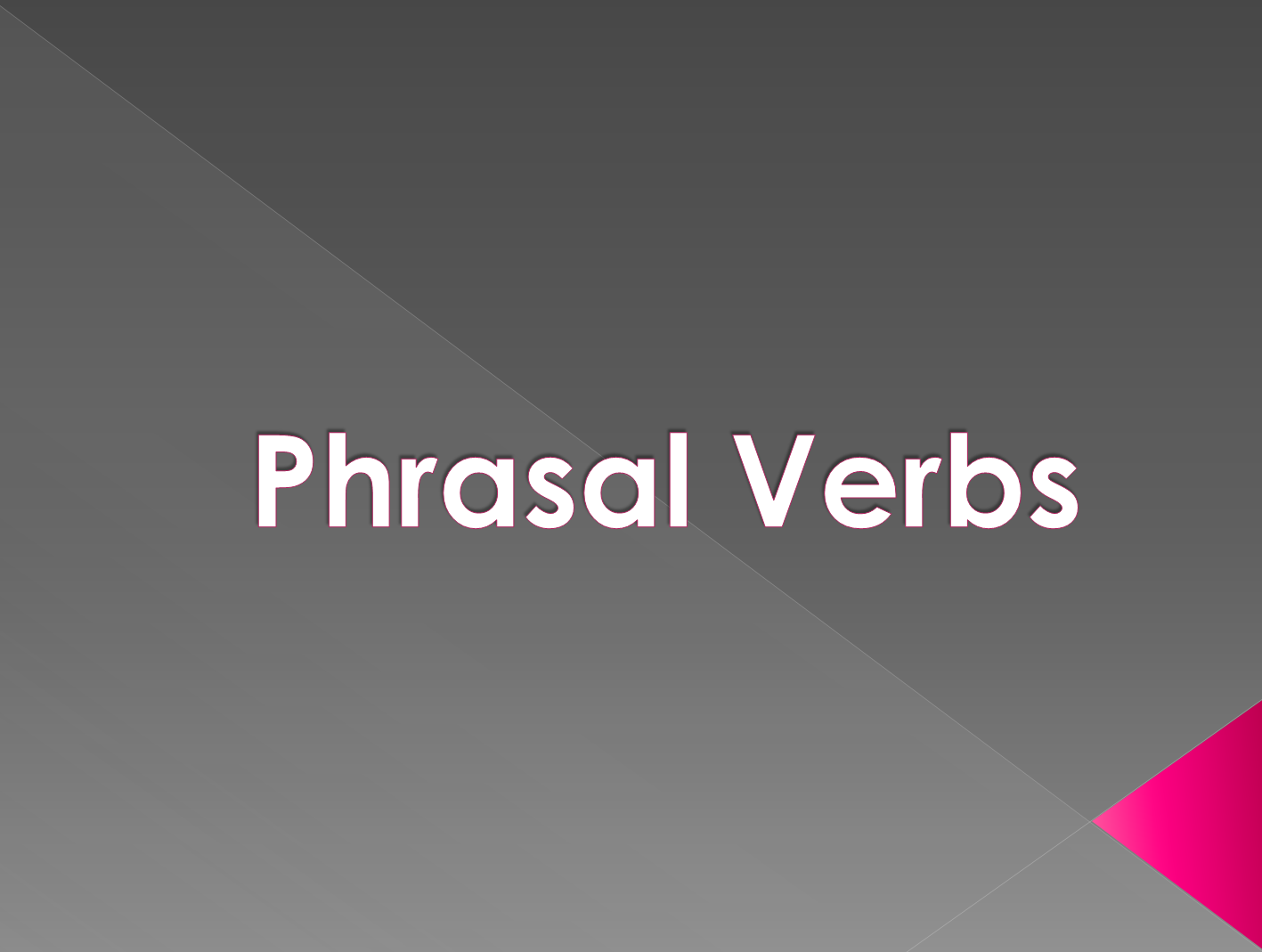
A dialogue is a conversation between two or more people, and practicing complete dialogues involves rehearsing entire exchanges rather than simply memorizing individual words or phrases. This approach not only helps in memorization but also enhances comprehension and fluency. To engage in complete dialogues effectively, it’s essential to choose the most appropriate words or expressions for each context.
Complete following dialogues with the most appropriate word or expression from the box. There are six words or expressions that you do not need.
basket case * bean counter * busymeet * cash cow * dead wood * dumbsizing * ear candy * empty suit * glad-hand * goldbricker * graveyard shift * happy camper * idea hamster * kiss up to * mover and shaker * seagull manager * shape up or ship out * stress puppy * toxic employee * trim the fat * wiggle room * wombat
1. A. Tim seems to enjoy being under a lot of pressure, but this doesn’t stop him from complaining all the time.
B. I know, but he’s not the only _________ in this company.
2. A. I’ve told Tom that unless he improves his performance at work, he’ll be fired.
B. Good. It’s about time somebody told him to _________.
3. A. Tom always dresses well and follows procedure, but he doesn’t actually contribute much to the company.
B. I agree. He’s a typical _________.
4. A. The only way to get promoted in this job is to flatter and be very attentive to the senior managers.
B. That’s terrible! You shouldn’t have to _________ people to get ahead in your job.
5. A. We need to get rid of some of our older and less productive staff.
B. I agree. The _________ has to go as soon as possible.
6. A. Ms Rigden met a lot of people at the conference, didn’t she?
B. She certainly did. I think I saw her _________ almost everyone there.
7. A. The company brought in a so-called expert to deal with a big project, but he just made a lot of fuss, achieved absolutely nothing and then left.
B. Well, he wasn’t the first _________ we’ve had, and I’m sure he won’t be the last.
8. A. My boss always tells me how well I’m doing, but he never offers me a pay rise.
B. Well, I suppose a bit of _________ is better than nothing.
9. A. I can’t believe we sat in that meeting and listened to the boss talk for over three hours.
B. Me neither. What a complete _________!
10. A. We need to reduce the size of the company but we need to make sure it doesn’t become unprofitable or inefficient.
B. That’s true. _________ is something we need to avoid at all costs.
11. A. Do you enjoy your work here?
B. Oh, absolutely. I’m a regular _________.
12. A. We’re expected to sign the contract by tomorrow.
B. That’s no good. We only received it yesterday. We need a bit of _________.
13. A. Have you seen Alan today?
B. He’s in a _________ all morning. He should be free at lunchtime.
14. A. Is the company doing well?
B. No, not at all. As far as I’m concerned, it’s a complete _________!
15. A. Business is dropping off and we could end up in financial trouble.
B. I know. Perhaps it’s time to _________.
16. A. Do you think there will be a lot of demand for our latest range of T-shirts?
B. Oh absolutely. It’s a _________. Everyone will want one!
Correct Answers:
- stress puppy (= someone who seems to enjoy being under pressure, but still complains about it)
- shape up or ship out (= improve or leave)
- empty suit (= someone – usually in a fairly high position – who doesn’t really contribute very much to a company or organisation)
- kiss up to (= to be very nice and polite to someone in a position of power. It is a negative expression. We can also
say schmooze up to or suck up to) - dead wood (= the employees who are losing a company money. We can use the expression to cut out the dead wood in this context)
- glad hand (= to shake hands with people. We can also use the expression press the flesh)
- seagull manager (=someone who is brought in to a company to deal with a problem or make changes, achieves nothing, annoys
everyone and then leaves) - ear candy (= kind words of praise and encouragement)
- wombat (an acronym: waste of money, brains and time)
- dumbsizing (= to dismiss the best workers in a company. It is an adaptation of the word downsizing. If a company dismisses those
workers who do not contribute much and are losing the company money, we could say that they smartsize) - happy camper (= someone who enjoys their job, although the expression is often used ironically)
- wiggle room (= time to think before making an important decision)
- busymeet (= a business meeting)
- basket case (= a company or a person who is in such bad condition that they are beyond help)
- trim the fat (= dismiss / lay off of those employees who do not work well or are surplus to requirement)
- cash cow (= a product or service that makes a lot of money with a minimum amount of advertising)
You may also like:
- Idioms and Other Expressions Used For Talking About ‘Work’
- What Are Weasel Words?
- Money and Finance – Test Your Knowledge
- Phrasal Verbs, Idioms and Other Expressions Using ‘CUT’
- How to Say Time in English
- Idioms and Other Expressions Used For Talking About Money
- Shopping and Consumerism – Match the Correct Name
- Phrasal Verbs – Choose the Correct Verb
- Currency Markets – Choose The Best Words
- Personal Qualities – Use the Best Nouns and Adjectives








